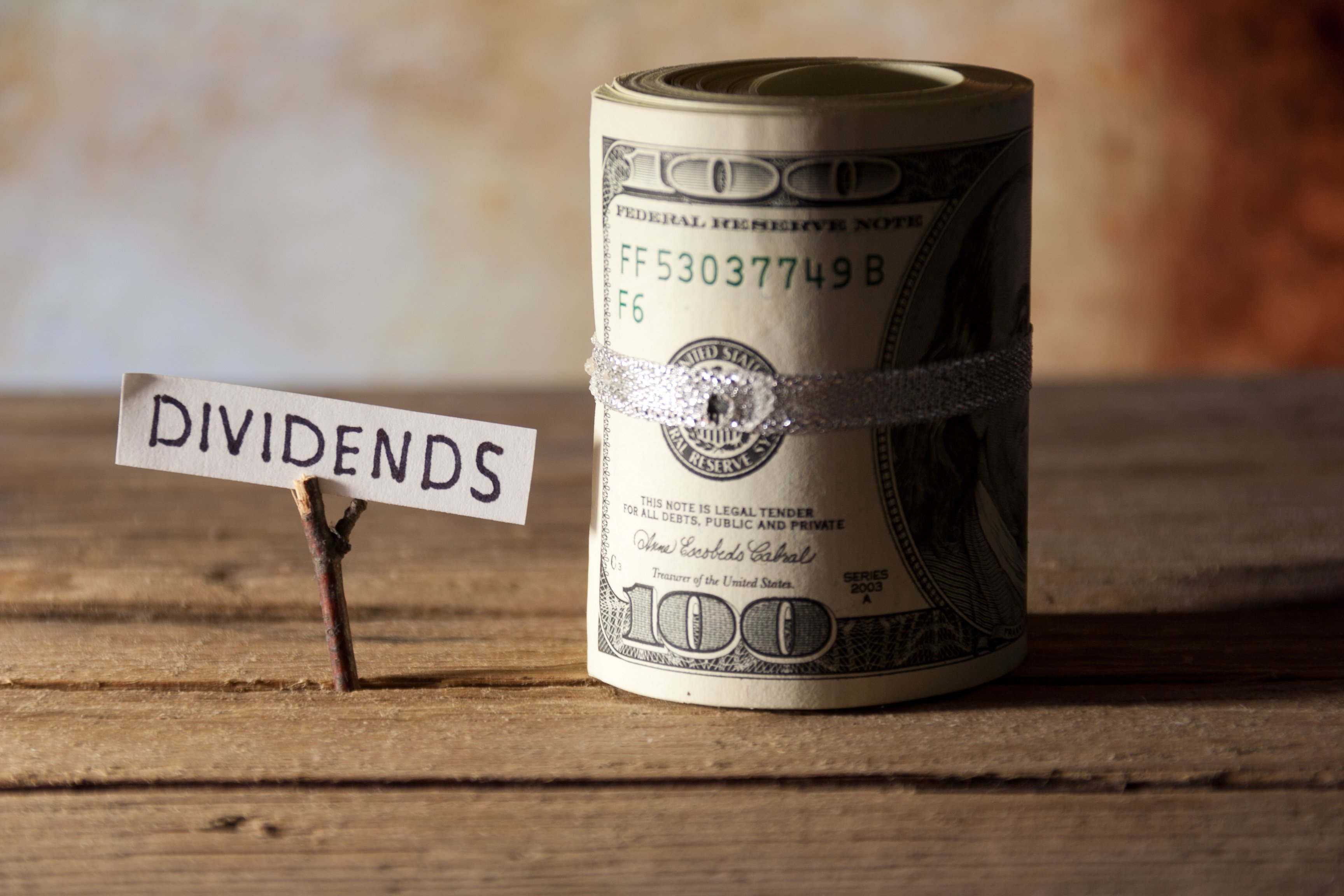It seems things weren't bad enough in the oil markets after Saudi Arabia's and Russia's pledges to increase production. Now a new player has joined the fray.
OPEC's third-largest producer, United Arab Emirates (UAE), announced Wednesday that it, too, would boost production as much as possible in April, as Saudi Arabia further raised its own production projections.

After a slight recovery Tuesday, oil prices fell on Wednesday following announcements from OPEC members. Image source: Getty Images.
The oil price war has already taken a toll on U.S. producers, with Occidental Petroleum (OXY 3.43%) slashing its dividend and cutting capital spending on Tuesday and Chevron (CVX 1.09%) publicly mulling spending and production cuts. Wednesday's announcements are already further roiling the troubled global oil industry.
After tumbling to a four-year low of about $31/barrel Monday, Brent Crude prices moved above $38/barrel on Tuesday after Russia indicated openness to further talks. But Wednesday's announcements sent them downward again. At noon on Wednesday, Brent Crude prices were trading in the $36/barrel range, while benchmark U.S. WTI Crude had slid to $33.40.
Taking it to the next level
Saudi Arabia's state-run oil company, Saudi Aramco, had previously indicated it would boost production from 12 million barrels/day to 12.3 million barrels/day in April, already a record. But on Wednesday, it announced it would raise capacity to an unprecedented 13 million barrels/day.
Not to be outdone, the UAE's Abu Dhabi National Oil Company (Adnoc) announced an April production target of 4 million barrels/day, a jaw-dropping number considering the country's output capacity is only estimated at 3.5 million barrels/day, according to the International Energy Agency. Observers believe that Adnoc will be able to temporarily boost its production beyond normal capacity in order to make good on its promise.
The production increases are slated for April because an existing agreement to curb production expires April 1.







